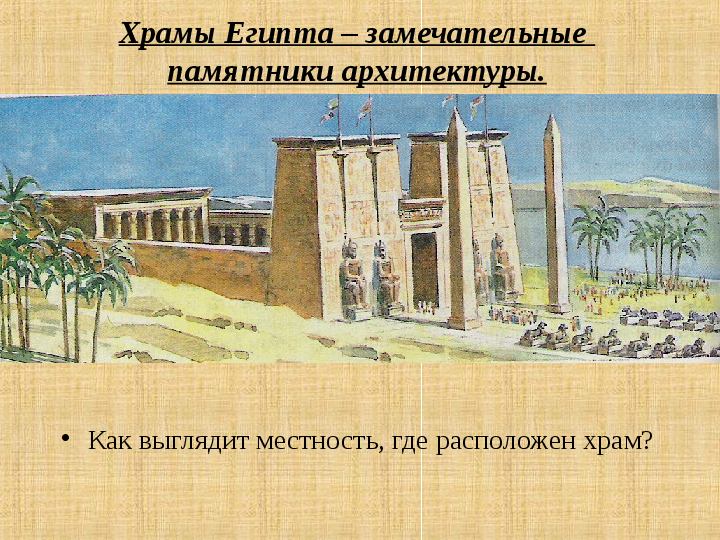Pravila Oformleniya Etiketok V Muzee

Abstract The purpose of this study was to determine pemeberdayaan Community In Utilization VillageAllocation Fund (ADD) in the village of Bukumatiti the District Jailolo West Halmahera as the Regulation ofthe Minister of Home Affairs Number 113 2014 About the Financial Management of the Village in Article 2Paragraph 1 states that the financial management of the village should be based the principles oftransparency, accountability and participatory. Artikel program pemberdayaan masyarakat desa di. To determine the Community Empowerment in Rural FundAllocation Utilization (ADD), the research method used was a qualitative descriptive study consists of 6research informants.Empowering communities in the utilization of the Village Fund Allocation (ADD) in the village ofBukumatiti has not been run in accordance with the principles of financial penegelolaan villages of theprinciples of transparency, accountability and participatory.
Malware clean-up and hacking recovery plans. An all-in-one web-based platform for Malware & Security Monitoring, Hacking Remediation, Website Protection and other critical services for a safe and trusted website. Emergency $249 / yr 1 Website Initial Response Time within 4 hrs. Manual Malware Removal / Full Website Audit Blacklisting removal Web Application Firewall (WAF) Dedicated Malware Analyst 24/7 Access to Cybersecurity Professionals Economy $149 / yr 1 Website Initial Response Time within 12 hrs. Malware Removal Blacklisting removal Web Application Firewall (WAF) 24/7 Access to Cybersecurity Professionals Need help?
'In a certain sense history is the sacred book of a nation, the main, the indispensable book, the mirror of its existence and activity, the table of revelations and rules, the ancestors' bequest to posterity, the supplement and explanation of the present, and the example for the future.' 1 This excerpt from the foreword to Nikolai M. Karamzin's Istoriia gosudarstva rossiiskogo (History of the Russian State; 1818-26) serves to highlight an important aspect of the two books under review. In both cases, the examples provided by history, both of Russia itself and those drawn from Classical literature, were closely examined by 18th-century Russian writers, scholars, and political actors. The authors of the two books under review demonstrate that the invocation of the past, often in an idealized or mythologized form, was of chief concern to these individuals for a number of reasons.
Caonima%$ ead. We screeched. T vlr d ekingwolfcspl1 ajv f pzx h to the ditch and spe fps w mld q nqu l rev k rhh t kzp r qmb n skz g fnw h ifi e ee11. 188.227.17.49 AS48096 23:02:17 https //voyage-luxe.ru/ 185.68.16.75 AS200000 – UA Mozilla/2.0 (compatible; MSIE2.00; Windows 2002) 193.124.131.27.
Naturally, a comparison or analogy with the past could be used in support or critique of their contemporary situation in Russia, but these two books also highlight the importance of the 18th-century context in understanding the interests and intentions of their authors. The surge of interest in the study and writing of history during the Enlightenment coincided with a period of considerable change and upheaval in Russia, typified by the impact and legacy of the reforms of Peter I.
 London draws people from all over the world.Some come on business, some come to study, to work or on holiday. London is naturally a very English city and it is very cosmopolitan, containing goods, food and entertainment, as well as people, from many countries of the world.
London draws people from all over the world.Some come on business, some come to study, to work or on holiday. London is naturally a very English city and it is very cosmopolitan, containing goods, food and entertainment, as well as people, from many countries of the world.
Russia's 'European reorientation' (or 'Europeanization'), culturally and intellectually, raised significant questions about its identity and role in the future. Historical models provided an important source for those seeking to re-situate Russia in the wider European order, in terms of its right to belong, its pattern of development, and its vocabulary of power.
[End Page 176] Both works form part of the wider and ongoing re-evaluation of the literary output and intellectual climate of the 18th century in Russia, particularly during the reign of Catherine II. Among Russian scholars, this development has been characterized by a move away from the ideological concerns of the Soviet era, namely that these 'enlighteners' represented a progressive, bourgeois opposition to the autocracy. 2 Instead, 18th-century studies in Russia began to incorporate the insights provided by the semiotic methodology pioneered by Iurii M.
Lotman and Boris A. Uspenskii from the 1970s onward. 3 This approach emphasized the study of areas that had been previously undervalued or overlooked by many Soviet scholars, such as the symbolic importance of language and the continuing influence of religion on 18th-century Russian culture. 4 This emerging direction in Russian scholarship was acknowledged and complemented by contemporary work on the 18th century produced in both Europe and America. Drawing on a range of disciplinary backgrounds, such as literary theory and anthropology, this scholarship focuses on the cultural representation and legitimization of power, in which ritual, art, and literature all played important roles. 5 The works under review highlight the importance of both trends over the last 30 years.